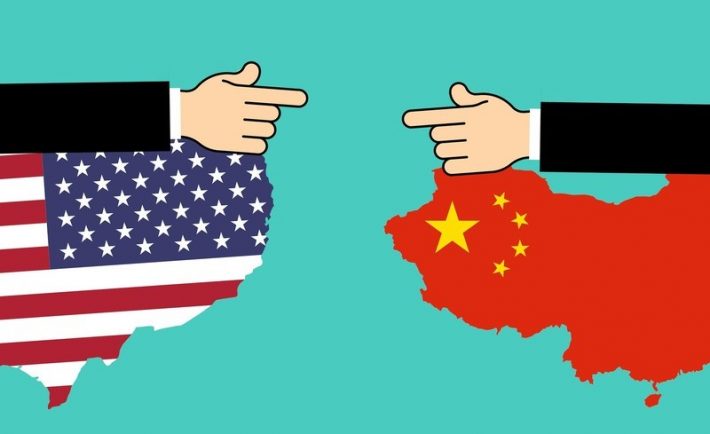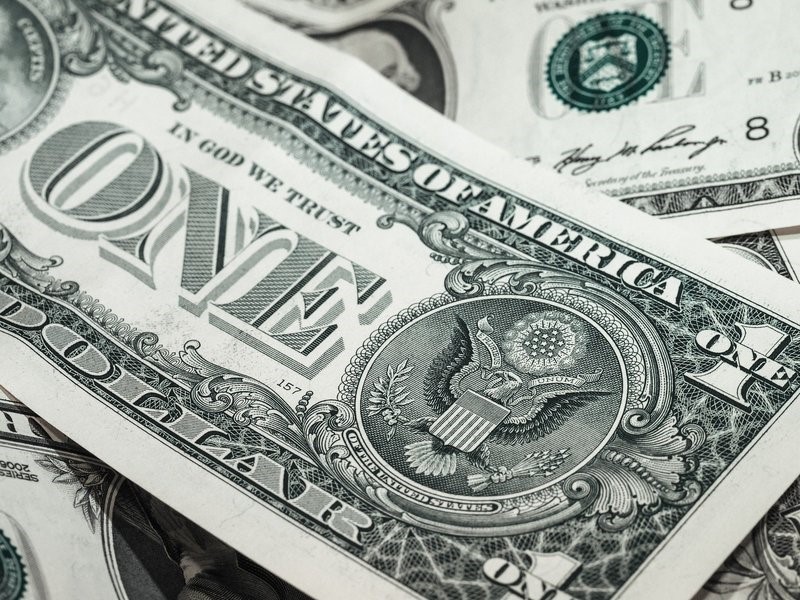
The trade dispute between China and the United States has dominated global finance news since the start of 2018. That’s what happens when the relationship between the world’s two leading economic powers breaks down, with the effects of the fallout extending into every continent. However, there are signs that a resolution to the conflict may be on the cards, most notably in the form of the Phase 1 trade deal that the nations signed in mid-January.
The Phase 1 deal tackled some of the key trade issues between the two countries, with progress made on tariffs and pledged purchases. While the deal fell short of resolving every aspect of the US-China dispute, it indicated the two parties are in a more conciliatory mood. There are concerns that this mood may not last; the outcome of the US presidential election in November could feasibly prompt a switch in economic policies, while Chinese authorities may grow frustrated if the US is unwilling to make concessions.
Whatever happens this year, it is clear that the relationship is now in a healthier shape than it was throughout the past two years. The dispute has had significant impacts on economies across the world, so a resolution to the dispute would have similarly substantial effects. Here is a look at three trends that could be set in motion by a positive conclusion to the US-China trade war.
A boost to Singapore’s economy
Singapore has felt the brunt of the trade war more severely than most other countries, given that it is one of the most trade-dependent nations in the world – only Luxembourg is more reliant on trade as a contributor to its GDP. China is also Singapore’s main trading partner, so any disruption to China’s trading power dramatically inhibits Singapore’s potential for economic growth.
The uncertainty about the longevity and scale of the trade dispute has made it difficult for the Singaporean government to plan effectively for the future. A conclusion to the trade war would provide the comparative level of certainty that governments crave when budgeting for the next year and beyond. A restoration to China’s power as an importer and exporter would also provide a massive boon to Singapore’s economy.
The decline of the US dollar

Credits: Pixabay
Analysts anticipate that a final deal will knock the dollar off its upward trajectory from recent months, although that would not necessarily be cause for concern in the US. While a strong currency is a source of prestige, a consistently high dollar value restricts US-based companies’ ability to trade competitively. A deal will also revitalize the Chinese yuan, giving the dollar competition once again as the world’s premier reserve currency.
Any rise in the yuan may provoke the dollar to devalue, so investors with a position on the USD/CNY currency pair will be poised for action as news emerges from trade talks. This reinforces the importance of having an account with the most reliable forex brokers, as traders won’t want to miss the optimal value in what will be a fast-changing market. Fluctuations always occur in foreign exchange, but sudden progress in negotiations may cause particularly dramatic shifts in forex markets.
The rise of emerging economies
A weaker dollar provides a boost to emerging economies across the world. When the dollar is high, nations may be priced out of acquiring the currency to support their economies, while it inflates existing dollar debts held by countries. The devaluation of the dollar could, therefore, give emerging economies a new chance to grow rather than stagnate or shrink.
Emerging economies will also benefit from improvements to trade in the same manner as their more established counterparts. Like Singapore, many emerging economies look to China as their primary trading partner, but China has been unable to post meaningful economic growth throughout the dispute. A deal would give China a platform to import and export at its former level, which would be well-received by its trading partners.
A deal between the US and China will benefit both nations involved, with those benefits filtering down to every economy in the world. While that deal may be not on the immediate horizon, January’s Phase 1 deal does at least demonstrate that each nation recognizes the advantages of a more harmonious relationship.





